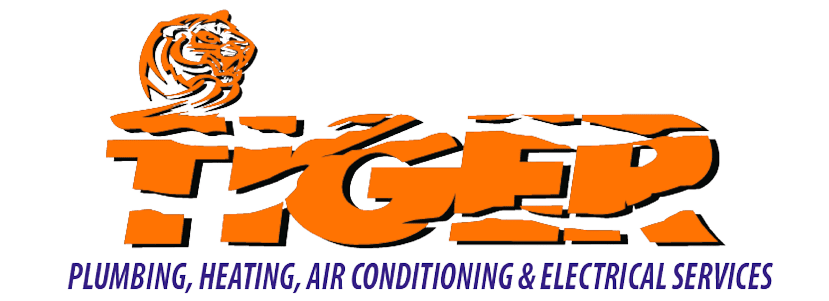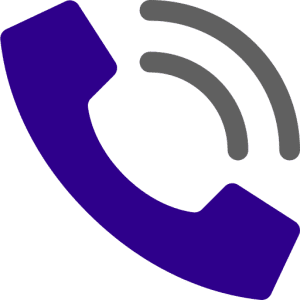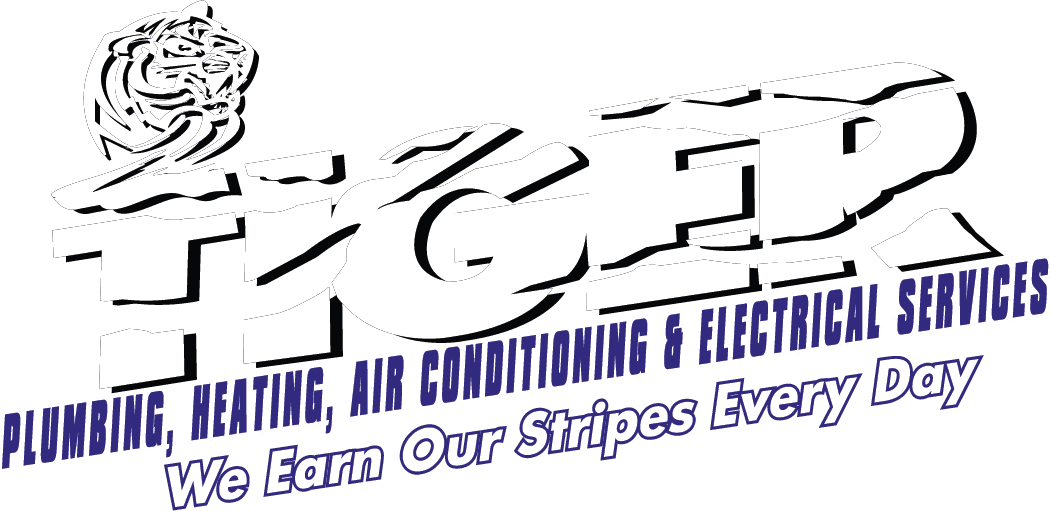Financing
Join Our Team: Tiger Services Hiring Plumbers, Electricians, Sales Professionals, and More!
Join Our Team: Tiger Services Hiring Plumbers, Electricians, Sales Professionals, and More!
Read More
How to Safely Use Supplemental Heating in Your Home
Read More
The Most Common Problems with Do-It-Yourself Plumbing Repairs
Read More
How to Handle the Winter Humidity in Illinois
Read More
Tiger HVAC Considerations When Remodeling
Read More
The Basics of Drain Cleaning Devices – Tiger edition
Read More
HVAC Shortcuts Tiger suggest you should Avoid
Read More
5 Things Tiger Plumbers Wish Everyone Knew
Read More
Is Your Toilet Constantly Having Problems? Here’s What The Experts Suggest You Should Do
Read More
Why You Never Have Enough Hot Water
Read More
















